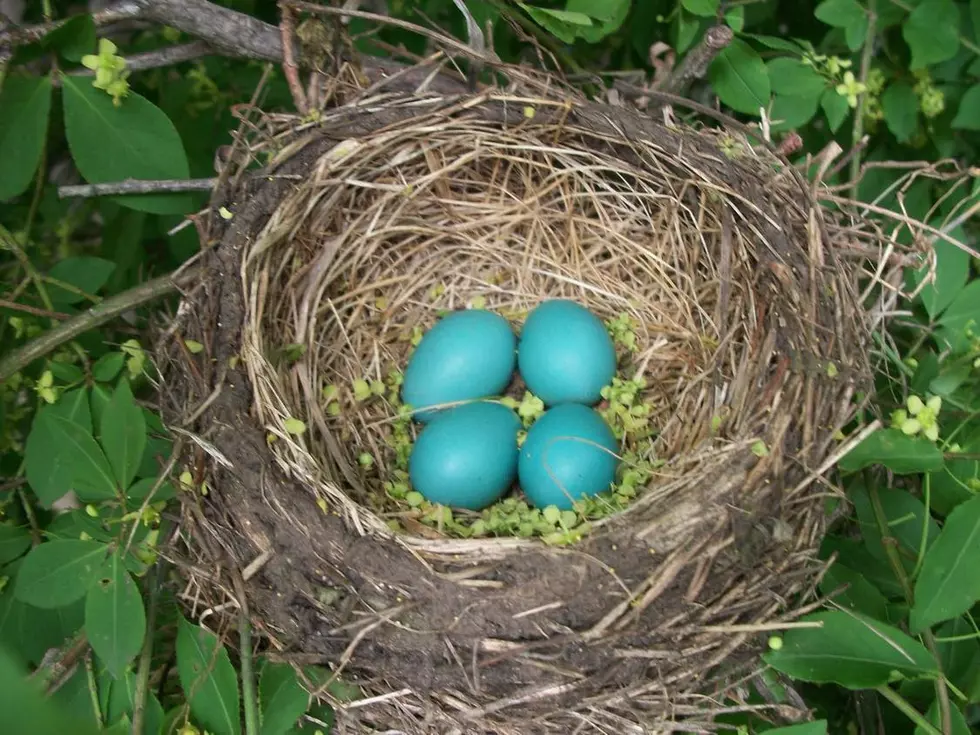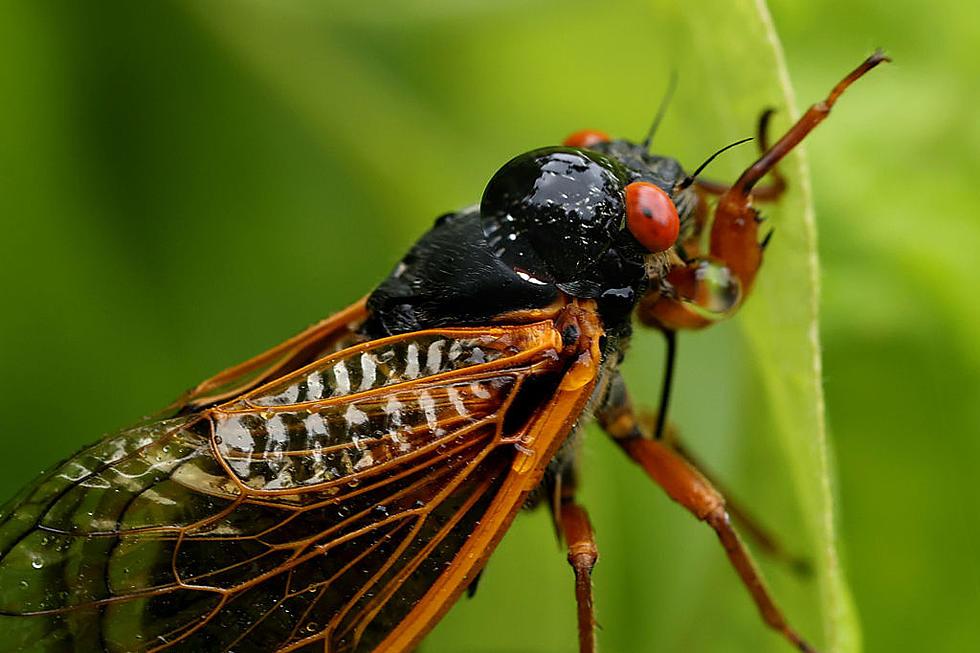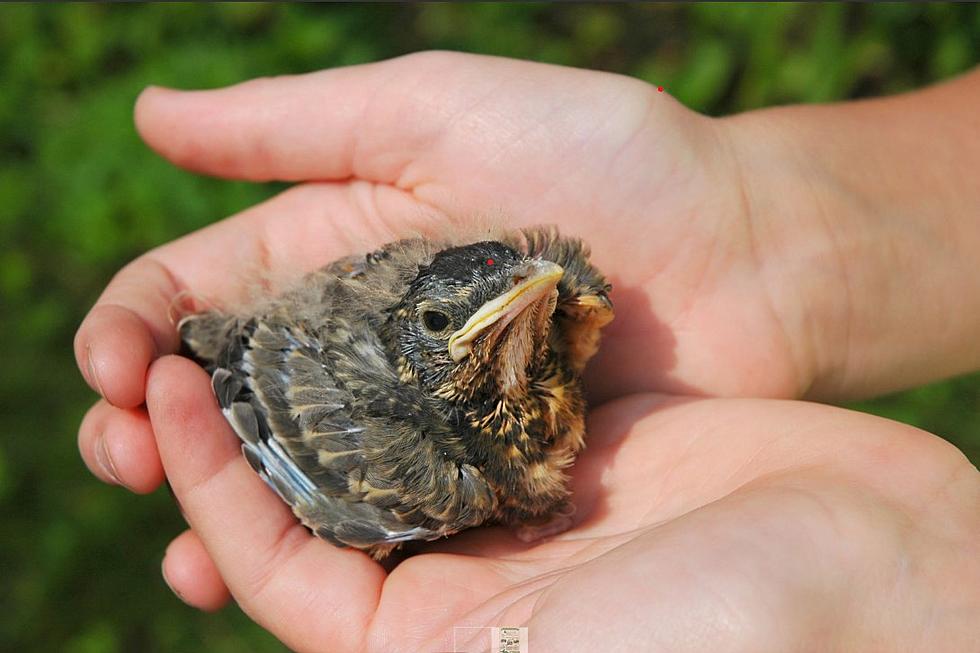
Massachusetts Law Protects Birds, Their Eggs and Their Nests
American robins are among the most common and recognizable bird species in Massachusetts.
Birdwatchinghq.com says, "They inhabit a wide variety of habitats and naturally are found everywhere, from forests to the tundra," according to BirdwatchingHQ.com.
A thrush, robins feature a "red breast and dark tail and back." They are just one of many birds that migrate with the seasons.

However, several things set American robins apart from the rest of the birds. One is that they like to be around people.
BWH says, "These thrushes are comfortable around people and are common to see in backyards." Robins eat worms, insects, snails and fruit and are unlikely to compete with the other birds for seed at your birdfeeder.
Robins build nests close to houses and are known to chirp. Sometimes loudly. Some folks get annoyed and might want to relocate a robin's nest further away from the house.
That is not a good idea.
"It is illegal to destroy, relocate or possess wild birds, their nests or their eggs," MassAudobon states. "The only exceptions are non-native species - house sparrows, European starlings, and rock pigeons."
The penalty for destroying, relocating, or possessing a wild bird in Massachusetts is a fine of not less than $100 and not more than $500.
Moving a nest and or eggs can cause a bird to reject them. It could also spread disease.
If you encounter birds or animals needing help or relocation, notify the local Animal Control Officer. Chapter 131 Section 90 of Massachusetts General Law explains the consequences of interfering with wildlife in the Commonwealth.
Plant Some Of These In Your Garden to Keep Mosquitoes Away
Gallery Credit: Michelle Heart
LOOK: 20 of the biggest insects in the world
Gallery Credit: Andrea Vale
Quiz: Do you know your state insect?
Gallery Credit: Andrew Vale
More From WFHN-FM/FUN 107









